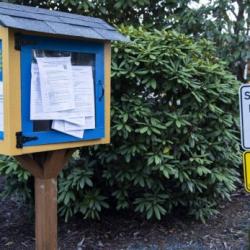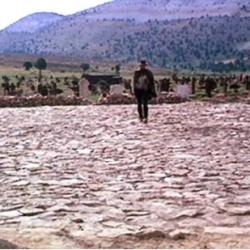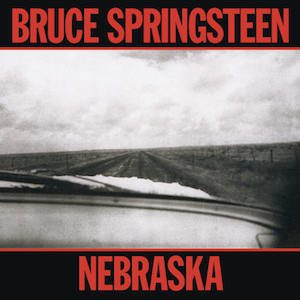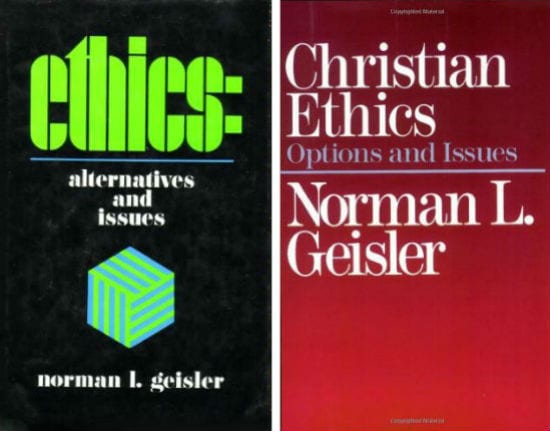Darrell Dow: “Disaster Relief”
When we look down at this scene what would we see Jesus doing amidst the chaos and heartbreak? Can you see him standing at a shelter handing out food and blankets? Easily. In your mind’s eye is he healing the sick and comforting the frightened? Of course. Can you picture him opening the church doors and welcoming in people who need shelter? Without a doubt.
But can you even in your darkest imaginings think of him standing off to one side sermonizing about how it is these people or their parents who have sinned and brought this calamity to pass? Can you see him so completely paranoid of giving a “social gospel” that he is completely unprepared to offer anything in the way of help but moralistic platitudes? Can we in our wildest dreams imagine a self-righteous Christ waggling his finger in the faces of the homeless and hurting and telling them that what they really need is a heavenly home later instead of compassion right now.
Elizabeth Kaeton: “Saints and Hurricanes”
I expect churches to open their doors, providing warmth and companionship and food and an opportunity to recharge cell phones and lap tops to people. That’s a given. That’s the very least I expect from churches — to be the “sanctuary” they claim to be. No one gets any “brownie” points from me for doing the basic minimum requirements of what you claim to be all about in the first place.
And, I keep waiting to hear stories or see pictures of bishops, sleeves rolled up, handing out diapers or juice to inner city women who are stranded in their dark apartments or water and a hot meal to fragile elderly who are also cold and alone.
Nothing yet. I hope I’m not too terribly disappointed. …
At one church in Morristown, NJ, word of mouth has spread that the church has opened its doors to the community. Before anyone knew it, members of the church were coming to the church from their warm, safe homes, bringing food and blankets, some staying to cook and serve meals or occupy children with art projects, or just talk with those who are lonely or apprehensive.
One priest I know gathered up warm blankets and distributed them to parishioners and their neighbors, but then, she spent the night with one parishioner who was afraid and alone. I can’t imagine anything colder than being in a home or apartment without heat or electricity and being afraid and alone. Apparently, neither could this priest, so she did for her parishioner what she could only hope someone would do for her.
Chauncey DeVega: “Racial Framing and Superstorm Sandy: A Black Mother Begs for Help While Her Children Drown”
Glenda Moore’s loss of her two children is a horrible example of how implicit and subconscious racial bias can impact a white person’s level of empathy and sympathy towards African-Americans. A woman cried, begged, and screamed for help while her children drowned. A decision was made by a white neighborhood that this type of person, in that gendered body, with that skin color, was not worthy of assistance.
For 12 hours she pleaded for help. Her children died. Students of race and politics often discuss these matters in the abstract, and through examples grounded in a careful study of social and political institutions, as well as Power. The death of Glenda Moore’s children, and her treatment that evening by the people in that neighborhood, is an example of racial immorality on the most personal level.
Rachel Barenblatt: “Sodom and Gomorrah, Hurricane Sandy, and God”
Jewish tradition calls us to be the hands of God in caring for one another. To feed and clothe the widow and the orphan, those who are powerless. To permit the hungry to glean. On these matters, Torah’s voice rings clear.
And this is a test which the communities of Gomorrah and Sodom fail. Dramatically. Lot is unwilling to give up his two visitors, but he offers his daughters instead — a calculus I cannot imagine.
When and how are we complicit in pushing away the damage which our choices may create? Anyone would agree that it’s wrong to sacrifice one’s daughters to an angry mob, but does it seem okay to allow pollution to flow downriver to someone else’s town, or to allow the poorest to build their homes on flood plains or behind the levees which are in the weakest repair?
The tough news is that we’re all responsible for one another. The good news is that we’re all responsible for one another. There’s always something we can do.












